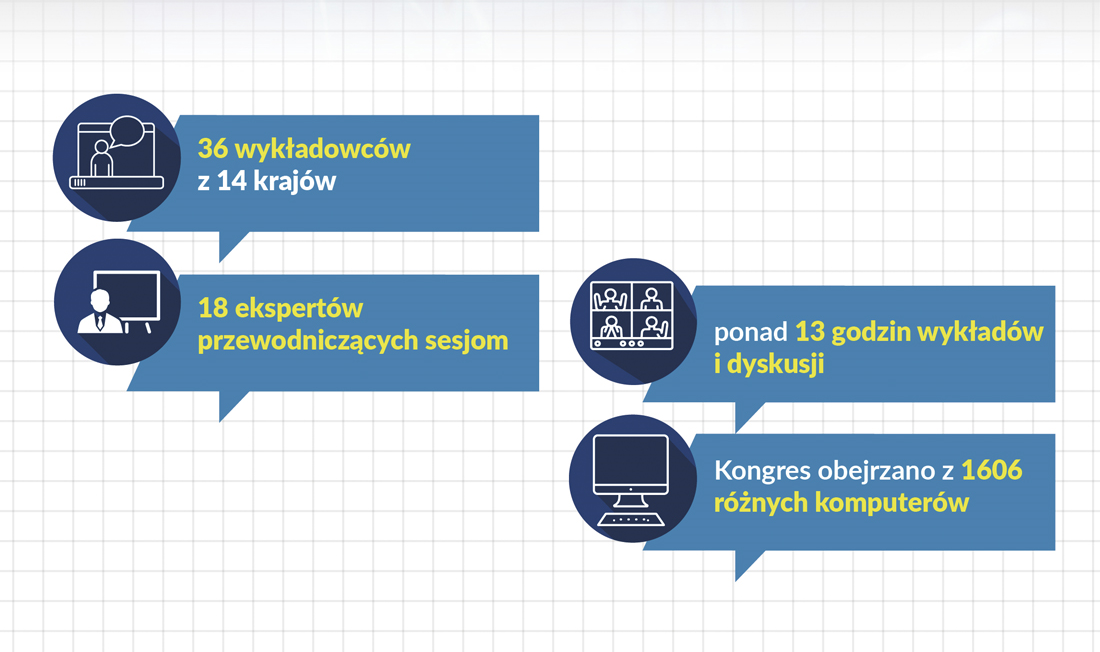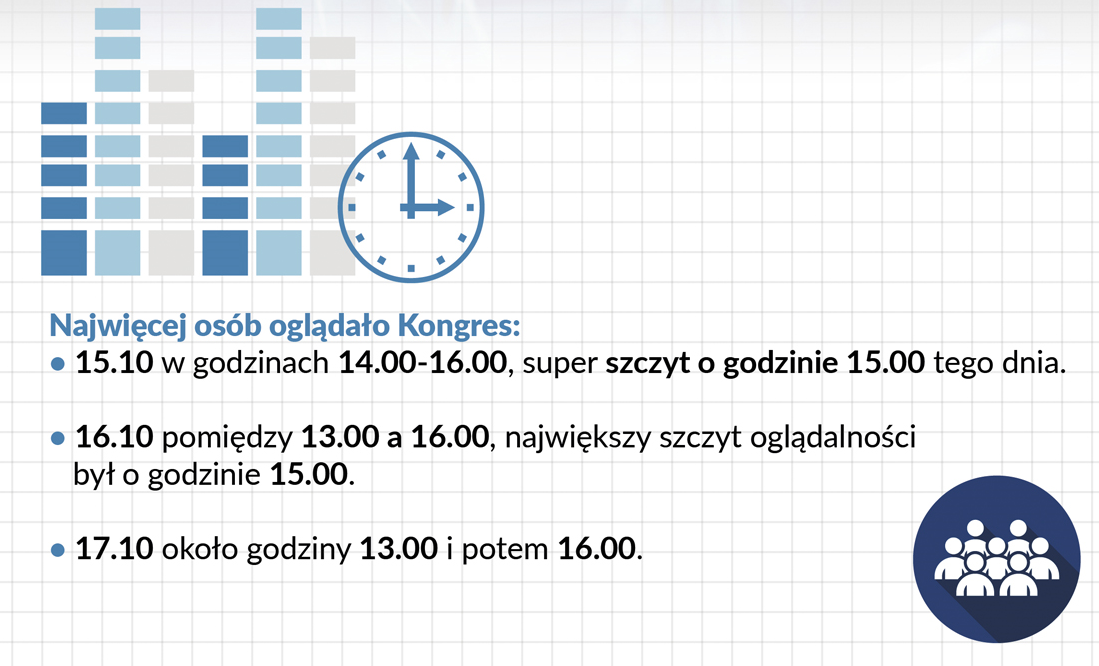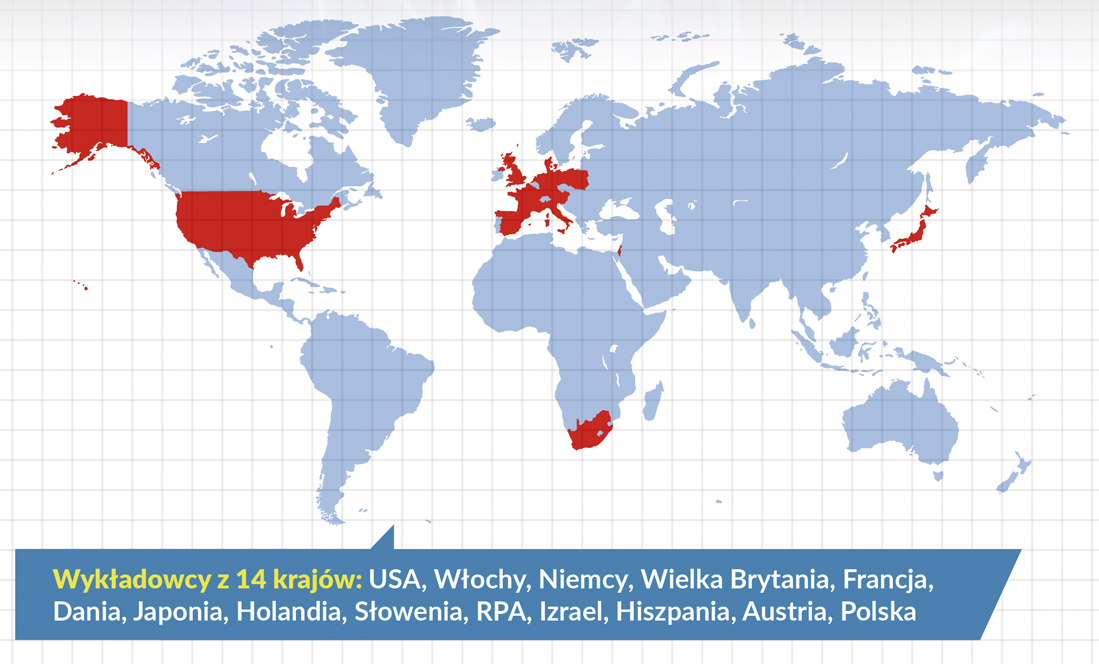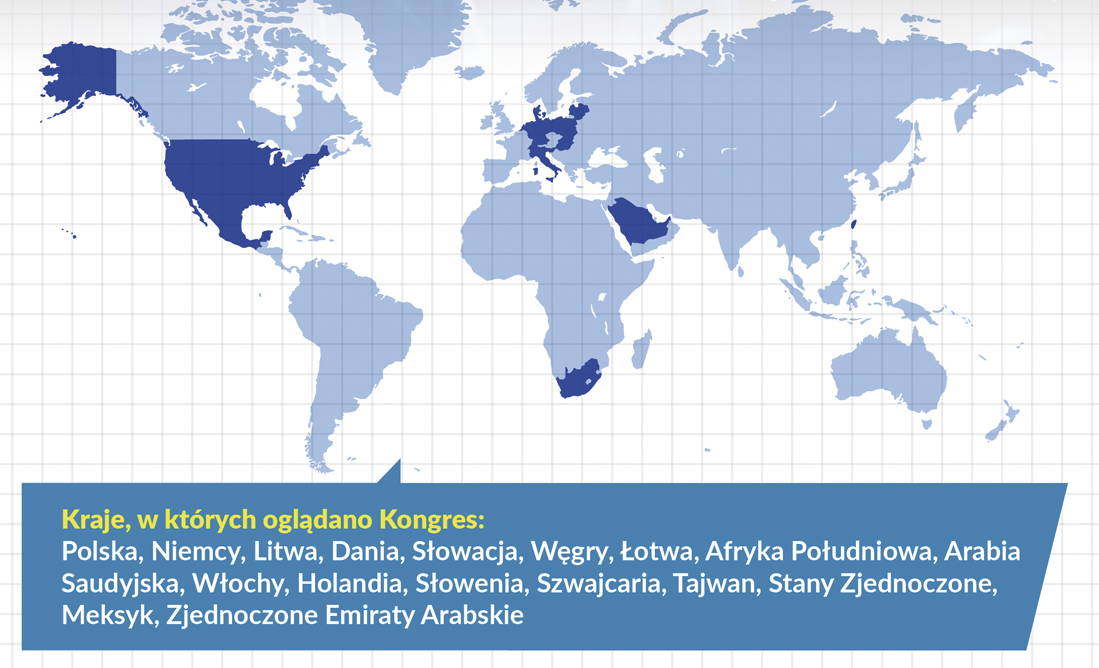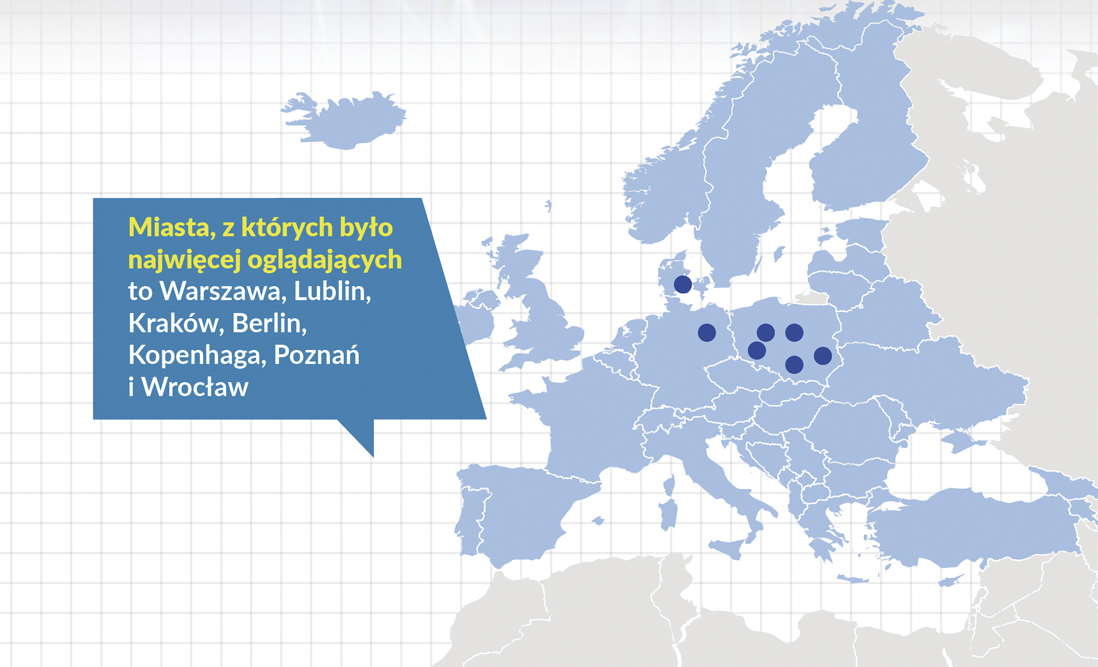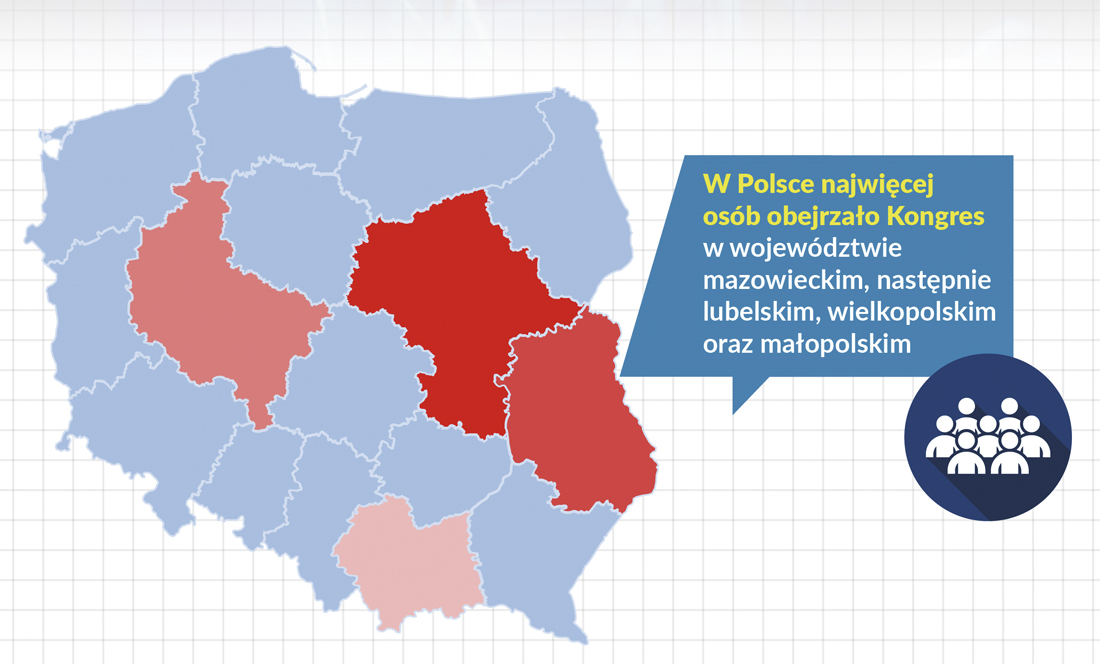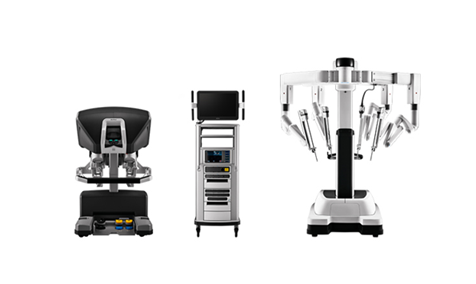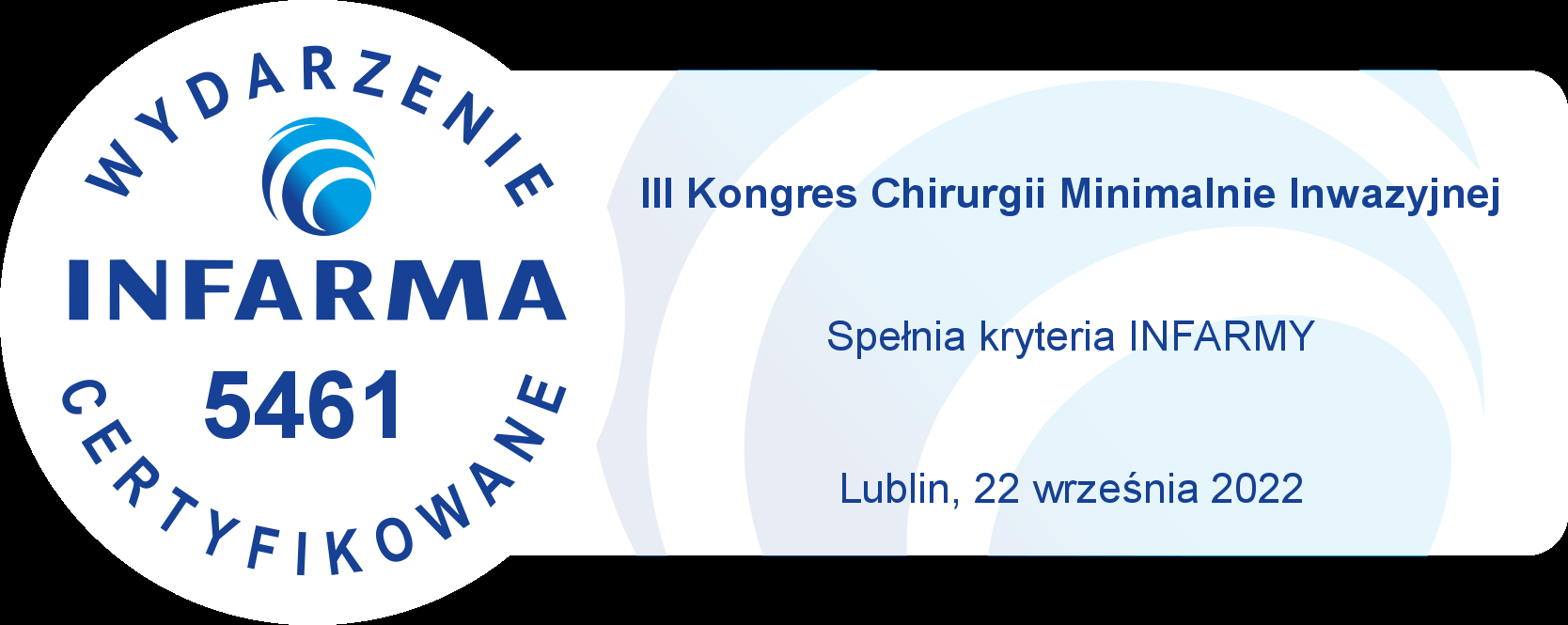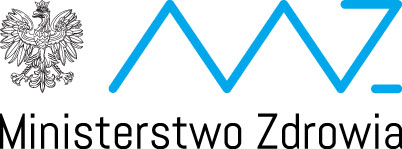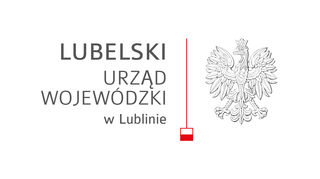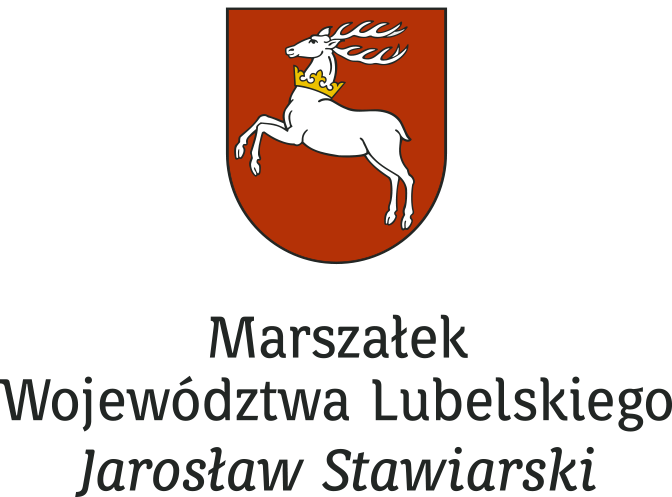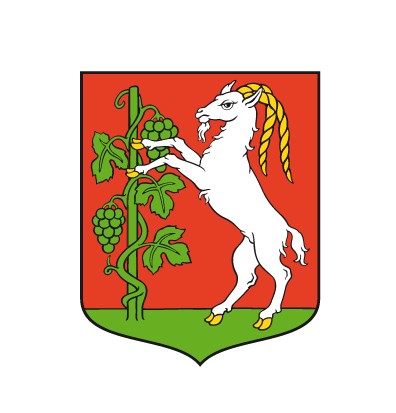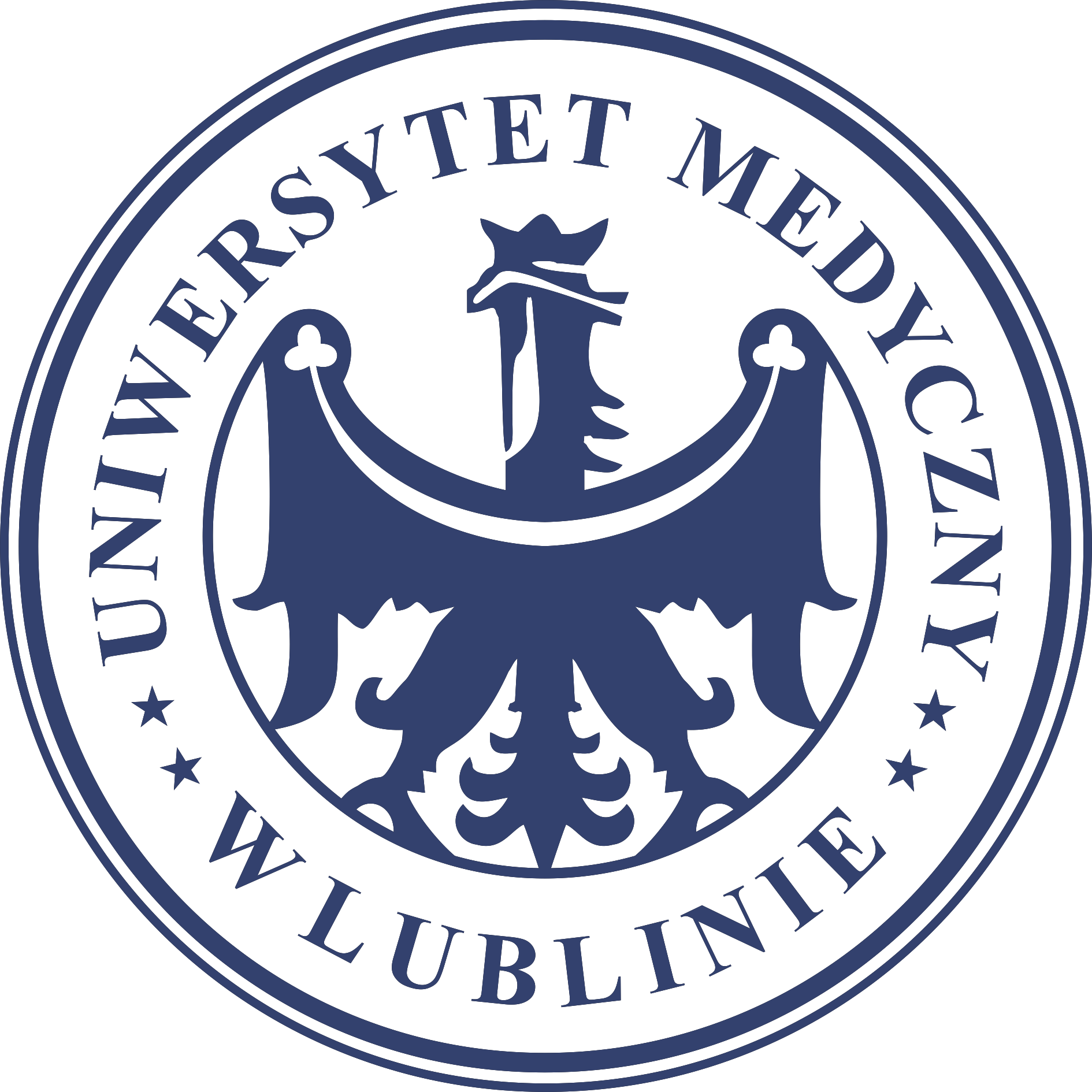Dzień 22.09.2022 (Thursday)
10.30-11.10 Sesja nr I Ordynatorów i Kierowników Klinik Chirurgii Ogólnej*
Przewodniczący sesji: Prof. Grzegorz Wallner, Prof. Wojciech Kielan
10.30-10.50 Wpływ pandemii COVID–19 na realizację świadczeń zdrowotnych w zakresie chirurgii, porównanie wyników z lat 2019–2021 – Prof. Grzegorz Wallner
10.50-11.10 Zalecenia odnośnie działalności oddziałów chirurgii w dobie pandemii COVID–19 – Prof. Kryspin Mitura
11.10-11.40 Sesja nr II Ordynatorów i Kierowników Klinik Chirurgii Ogólnej*
Sesja sponsorowana firmy Mölnlycke / Mölnlycke sponsored session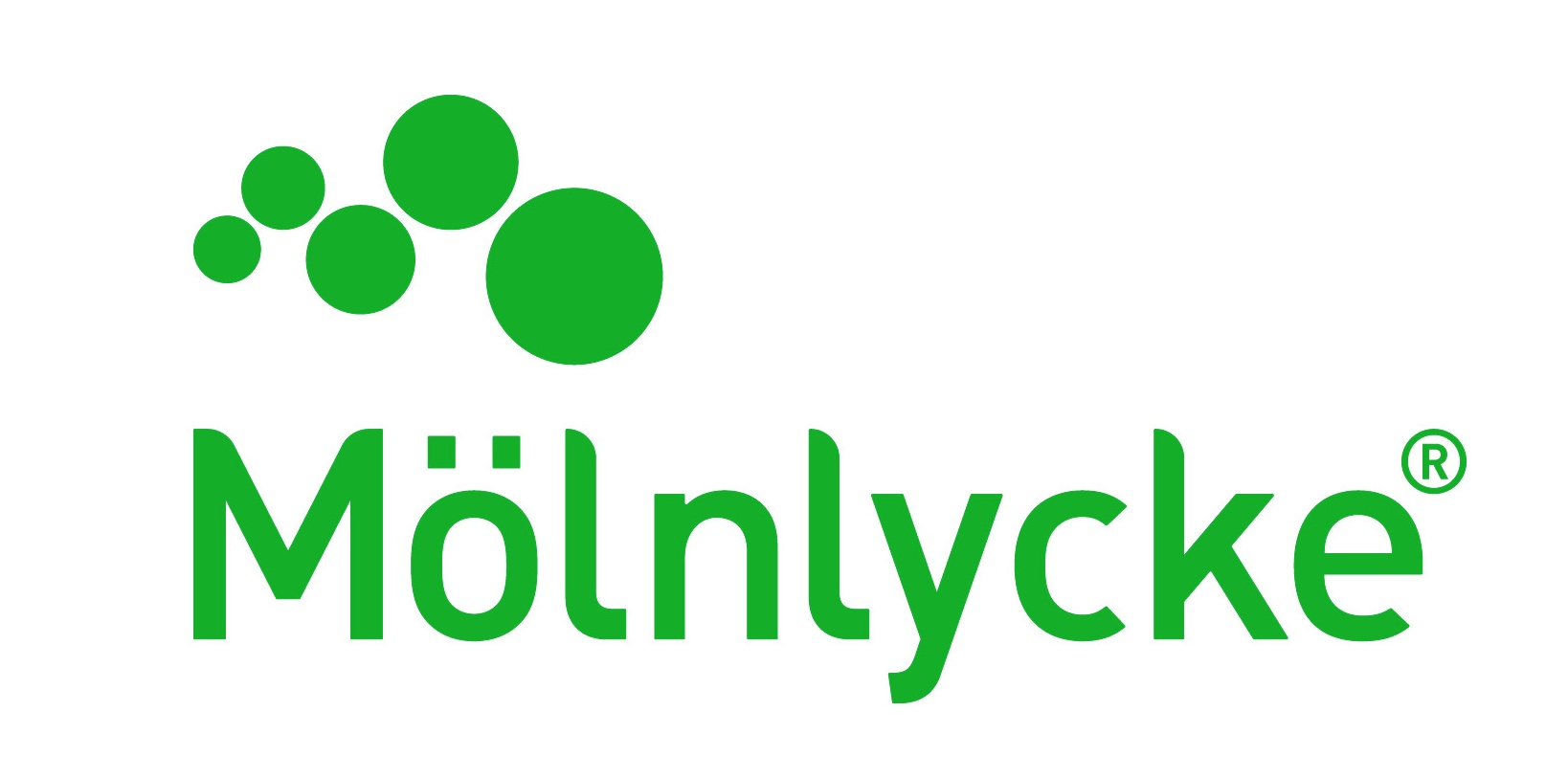
Przewodniczący sesji: Dr Michał Solecki
11.10-11.25 Zakłucia u personelu medycznego – jak zminimalizować ryzyko zakażeń przenoszonych drogą krwi – Dr Anna Różańska
11.25-11.40 Efektywność kosztowa rozwiązań stosowanych na Sali operacyjnej – Dr Michał Solecki
11.40-12.40 Sesja nr III Ordynatorów i Kierowników Klinik Chirurgii Ogólnej*
Małoinwazyjne procedury w leczeniu oparzeń
Przewodniczący sesji: Prof. Marek Kawecki
11.40-12.00 Małoinwazyjna resekcja martwicy w ostrej i przewlekłej ranie oparzeniowej – Prof. Marek Kawecki
12.00-12.20 Laserowa analiza kontrastu spekli – czy może stanowić wsparcie dla enzymatycznego oczyszczania rany i przeszczepu komórek? – Dr Diana Kitala
12.20-12.40 Inteligentne opatrunki w leczeniu rany oparzeniowej – Dr Wojciech Witkowski
12.40-13.00 Przerwa na kawę / Coffee Break
13.00-14.30 Session IV “Modern technological approach to minimally invasive surgery”
Przewodniczący sesji: Prof. Tomasz Rogula, Prof. Konrad Karcz, Dr Eline de Groot
13.00-13.20 Artificial intelligence and digital technologies in surgery – Dr Martin Wagner (Germany)
13.20-13.40 Artificial Intelligence and its implications in Surgery – Prof. Andrew Gumbs (Poissy, France)
13.40-14.00 Potential new surgical technologies in the treatment of upper GI tract diseases – Prof. Lee Swanstrom (Strasbourg, France / USA)
14.00-14.20 A quest for sustainable minimally invasive surgery – Manager Surgical Department Laurens van Houte (Enschede, Netherlands) Wykład sponsorowany firmy Mölnlycke / Mölnlycke sponsored lecture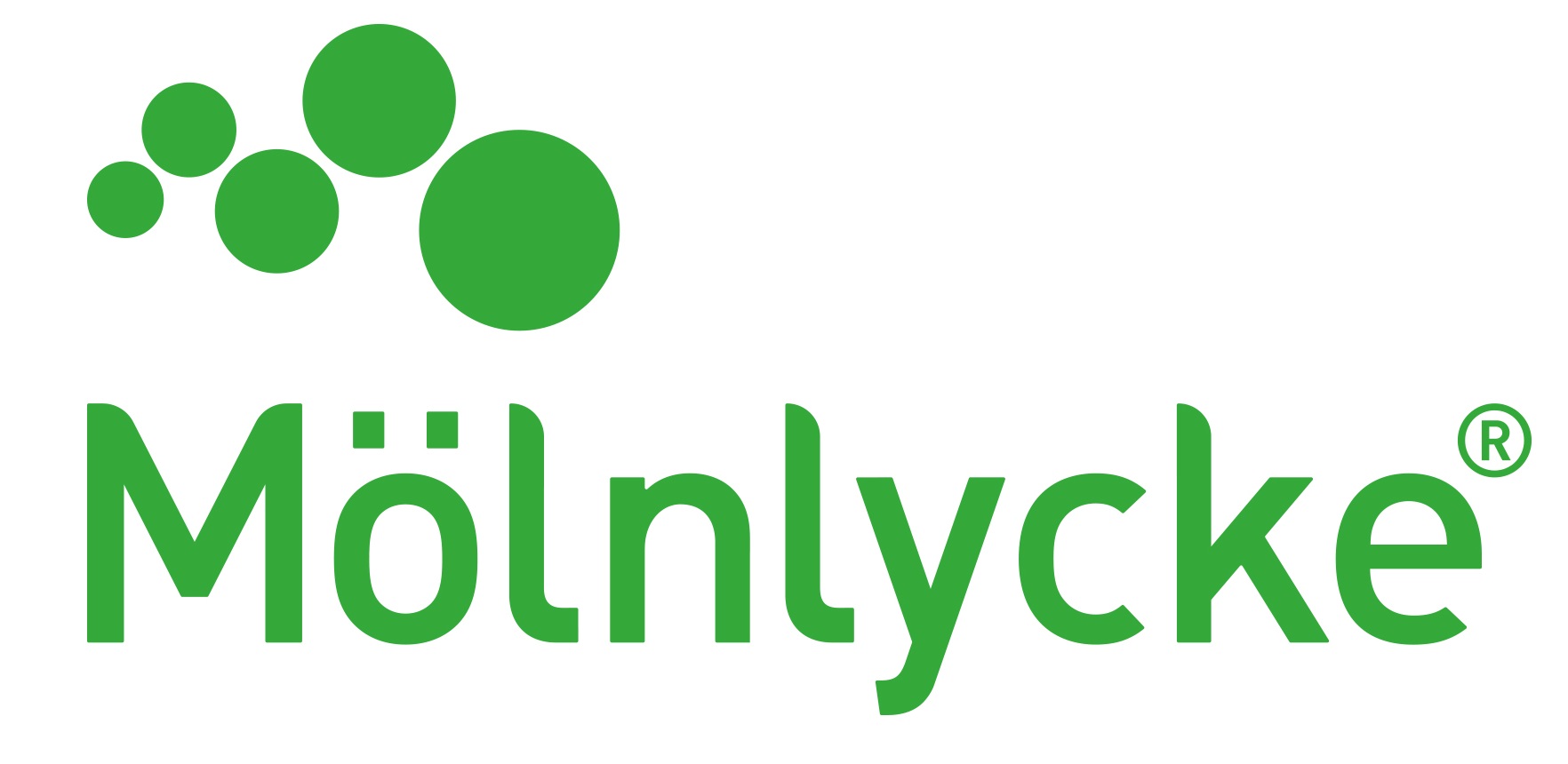
14.20-14.30 Discussion
14.30-15.00 Poczęstunek
15.00-16.30 Session V “Bariatric surgery”
Przewodniczący sesji: Prof. Mariusz Wyleżoł, Prof. Tomasz Rogula
15.00-15.20 Will magnets replace staplers in bariatric surgery? – Prof. Michel Gagner (Montreal, Quebec, Canada)
15.20-15.40 Endoscopic Bariatric Surgery – Does it Really Work? – Prof. Manoel Galvao Neto (Sao Paulo, Brazil)
15.40-16.00 One Anastomosis Gastric Bypass – a Message from the Inventor – Prof. Robert Rutledge (La Quinta, California, USA)
16.00-16.20 Does anti-obesity pharmacotherapy mean the end of minimally invasive bariatric surgery?” – Prof. Mariusz Wyleżoł
(Warsaw, Poland)
16.20-16.30 Discussion
16.30-17.30 Poster Session / free abstract session
Przewodniczący sesji: Dr Michał Solecki, Dr Justyna Wyroślak-Najs
16.30-16.37 Do patients with postoperative complications after laparoscopic sleeve gastrectomy regret their decision? A Case-Control Study – Katarzyna Bartosiak
16.37-16.44 A bicarbonate – foam based carrier-system for the delivery of intraperitoneal foam chemotherapy – Said Al-Jundi
16.44-16.51 Challenging type 2 endoleak embolization and utilization of non-contrast-enhanced magnetic resonance angiography (NCE-MRA) as a non-invasive imaging follow-up method post-embolization – Joanna Kobak
16.51-16.58 If the Alvarado score could be useful in assessment of severity of the acute appendicitis? – preliminary study – Łukasz Łaba
16.58-17.05 Minimally invasive esophageal resection – case report – Ewelina Mączka
17.05-17.12 Operations of rare esophageal hiatus hernias – cases observations and analysis – Ewelina Mączka
17.12-17.19 The clinical outcomes of fluorescent ICG angiography in elective laparoscopic anterior rectal resection – a randomized controlled trial – Zofia Orzeszko
17.19-17.30 Discussion
Dzień 23. 09. 2022 (Friday)
9.00-10.30 Session VI "Minimally Invasive Techniques in Esophageal Diseases Surgery”
Przewodniczący sesji: Prof. Tomasz Skoczylas, Prof. Karl-Hermann Fuchs, Prof. Sandro Mattioli
9.00-9.20 Pathophysiology of GERD – which factors are important when choosing an antiterflux minimally invasive surgery technique? – Prof. Karl–Hermann Fuchs (California, San Diego, USA)
9.20-9.40 Robotic esophagectomy for cancer – is it the option for MIS esophageal cancer therapy? – Dr Eline de Groot (Utrecht, Netherlands)
9.40-10.00 Outcomes of Heller myotomy for esophageal achalasia: lessons from a 48-year prospective experience with four different techniques – Prof. Sandro Mattioli (Bologna, Italy)
10.00-10.20 Concept of centralization of surgery for benign esophageal diseases – Prof. Sandro Mattioli (Bologna, Italy)
10.20-10.30 Discussion
10.30-11.10 ETHICON Symposium: Optimizing the CR patient outcomes: Laparoscopy or ERAS – Which is more important? 
Speakers:
Prof. Stanisław Kłęk, MD, PhD, Maria Skłodowska-Curie Institute of Oncology, Surgical Oncology Clinic, Warsaw
Prof. Michał Pędziwiatr, MD, PhD, Jagiellonian University, University Hospital, Department of Surgery, Krakow
The Enhanced Recovery After Surgery (ERAS) programme is an approach to the perioperative care of colorectal patients which aims to improve outcomes and speed up recovery after surgery. ERAS protocols have been developed to reduce physiological stress and postoperative organ dysfunction. Typically, such protocols include a laparoscopic approach for the colorectal resection. Compared with open surgery, laparoscopic colorectal surgery has been shown to have equal oncologic effects and better data on favourable short-term results of laparoscopic surgery as it reduces surgical trauma and produces a minimal postoperative systemic immune response.
Although the evidence base appears strong for both, ERAS programme and laparoscopic approach, the penetration of laparoscopic colorectal surgery has been low and implementation of ERAS slow. During the ETHICON Symposia, experts in Lap-CR surgery with extensive experience in ERAS will discuss the reasons and possible solutions to the unsatisfactory state of affairs, and whether the professional society should strive to accelerate Lap penetration or rather to expand ERAS. Or both at the same time? Come and discuss with them.
11.10-11.25 Przerwa na kawę / Coffee Break
11.25–12.55 Sesssion VII "Minimally invasive techniques in pancreatic cancer surgery”
Przewodniczący sesji: Dr Michał Solecki, Prof. Andrzej Budzyński
11.25-11.45 European Consortium on minimally invasive pancreatic surgery: current state of art in pancreatic head tumors
– Prof. Marc Besselink (Amsterdam, Nederland)
11.45-12.05 Is robotic pancreatectomy indicated for pancreatic cancer? – Prof. Elena Rangelova (Göteborg, Sweden)
12.05-12.25 Minimally invasive pancreatectomy with resection of the portal vein system – Prof. Andrzej Budzyński (Cracow, Poland)
12.25-12.45 Learning curve in minimally invasive pancreatic surgery – Dr Michał Solecki (Lublin, Poland)
12.25-12.55 Discussion
12.55-13.10 Przerwa na kawę/Coffee Break
13.10-14.50 Session VIII “The role of simulation in minimally invasive surgery education”
Przewodniczący sesji: Doc. Michał Nowakowski, Prof. Konrad Karcz, Prof. Alessandro Giardino
13.10-13.28 Challenges for modern education in minimally invasive surgery”– Prof. Francisco Schlottmann (Buenos Aires, Argentina)
13.28-13.46 Objective assessment of the quality of education in MIS simulation training – Doc. Michał Nowakowski (Cracow, Poland)
13.46-14.04 Robot–assisted surgery, the learning curve, and the best time in medical education to implement it
– Prof. Alessandro Giardino (Verona, Italy)
14.04-14.22 Perspectives for the next steps of organization, MIS simulation education and surgical training
– Prof. Konrad Karcz (Munich, Germany)
Prezentacja nie będzie nagrywana i udostępniana po Kongresie / The presentation will not be recorded and shared after the Congress
14.22-14.40 Effectiveness of a Laparoscopic Training Model for Pediatric Surgeons During COVID–19 Pandemic: A Single–Center Experience – Dr Benedetta Lepore (Napoli, Italy)
14.40-14.50 Discussion
14.50-15.35 Lunch
15.35-17.15 Session IX “Challenging ventral hernias – minimally invasive sometimes means not minimal approach”
Przewodniczący sesji: Prof. Maciej Śmietański, Prof. Kryspin Mitura
15.35-15.53 Guidelines and standards in search for the best choice for our patients – Dr Mateusz Zamkowski (Gdańsk, Poland)
15.53-16.11 TAR – how to make a large operation minimally invasive – Prof. Kryspin Mitura (Siedlce, Poland)
16.11-16.29 MILOS and e–MILOS – minimally invasive approach to large middle line defects – Prof. Wolfgang Reinpold
(Hamburg, Germany)
16.29–16.47 Robots in hernia surgery – a glimpse in the future – Prof. Filip Muysoms (Ghent, Belgium)
16.47–17.05 Patient’s perspective and economic aspects as a factor influencing a choice of minimally invasive methods – Prof. Maciej Śmietański (Gdańsk, Poland)
17.05–17.15 Discussion
17.15-17.25 Hernia Master educational program - development of laparoscopic hernia surgery in Poland – Prof. Wojciech Kielan
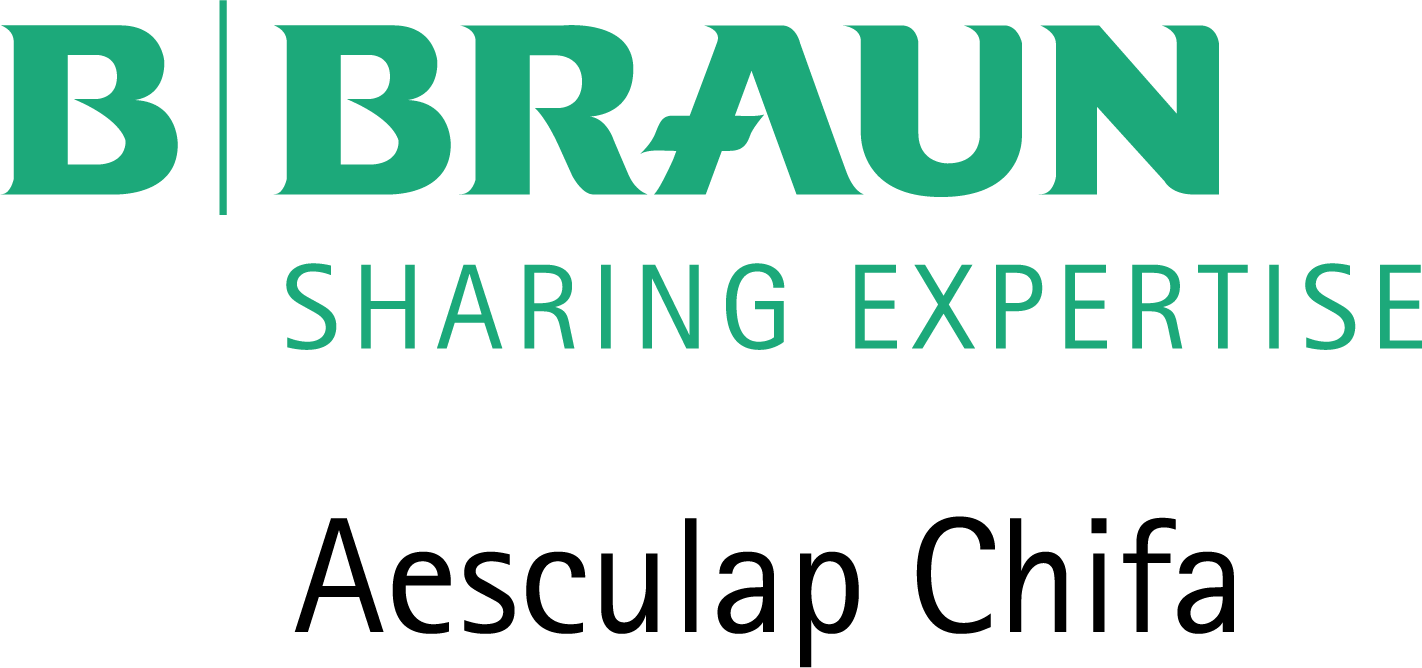
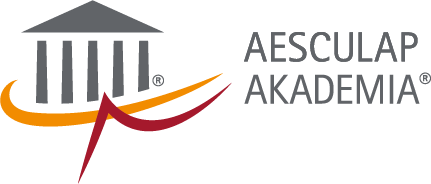
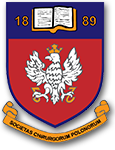
17.25-19.25 Session X “GI tract minimally invasive surgery controversies – How to avoid MIS complications in GI tract surgery?”
Przewodniczący sesji: Prof. Wojciech Kielan, Prof. Piotr Richter, Prof. Karl-Hermann Fuchs
17.25-17.43 Laparoscopic redo antireflux surgery – laparoscopic fundoplication or Roux–en–Y subtotal gastrectomy or something else? – Prof. Karl-Hermann Fuchs (California, San Diego, USA)
17.43-18.01 The risk and prevention of adverse events during POEM / TIF procedures – Prof. Lee Swanstrom (Strasbourg, France / USA)
18.01-18.19 Polish POEM experience for achalasia patients – Dr med. Michał Spychalski (Łódź, Poland)
18.19-18.37 Controversies in laparoscopic advanced gastric cancer surgery – Prof. Piotr Richter (Cracow, Poland)
18.37-18.55 Potential risk factors of complications in bariatric surgery – Prof. Tomasz Rogula (Cracow, Poland)
18.55-19.13 What a surgeon should know how to avoid complications in MIS colorectal surgery?
– Prof. Marek Jackowski (Toruń, Poland)
19.13-19.25 Discussion
24.09.2022 (Saturday)
9.30-11.00 Session XI “Endocrine minimally invasive surgery”
TOETVA – TransOral Endoscopic Thyroid surgery by Vestibular Approach
Przewodniczący sesji: Prof. Marek Dedecjus, Prof. Marcin Barczyński
9.30-9.50 Background of surgical anatomy – Prof. Ozer Makay (Izmir, Turcja)
9.50-10.10 Basics of the technique and how to learn it – Prof. Philip Riss (Vienna, Austria)
10.10-10.30 Pearls and pitfalls of TOETVA – Prof. Marcin Barczyński (Cracow, Poland)
10.30-10.50 Critical approach and shadows of the technique – Prof. Marek Dedecjus (Warsaw, Poland)
10.50-11.00 Discussion
11.00-11.20 What makes the results of laparoscopic operations different? – Prof. Michał Pędziwiatr (Cracow, Poland)
Wykład sponsorowany firmy Medtronic / Medtronic sponsored lecture
11.20-11.30 Przerwa na kawę / Coffee Break
11.30-13.00 Session XII “Endoscopic vacuum therapy – minimal invasion, maximal effect”
Chairmen: Prof. Tomasz Banasiewicz, Dr Jarosław Furtak
11.30-11.50 Upper GI – how far can we go with EVT – Prof. Mike Laukötter (Rheine, Germany)
11.50-12.10 Do we have recomendations about EVT in lower GI tract? – Prof. Willem Bemelmann (Amsterdam, Netherlands) and
the Expert Group (Tomasz Banasiewicz, Alberto Arezzo, Omar Faiz, Richar Brady, Eloy Espin–Basany, Rosa Maria Jimenez)
12.10-12.30 How to introduce EVT in your hospital – simple steps to new strategy – Prof. Tomasz Banasiewicz (Poznań, Poland),
Dr Jarosław Furtak (Lublin, Poland)
12.30-12.50 EVT – can it be more effective? – Dr Mateusz Wierdak (Cracow, Poland), Prof. Michał Pędziwiatr (Cracow, Poland)
12.50-13.00 Discussion
*Sesje w j. polskim
UWAGA! Zastrzegamy możliwość wprowadzenia zmian w programie Kongresu / ATTENTION! We reserve the possibility to modify the Congress program
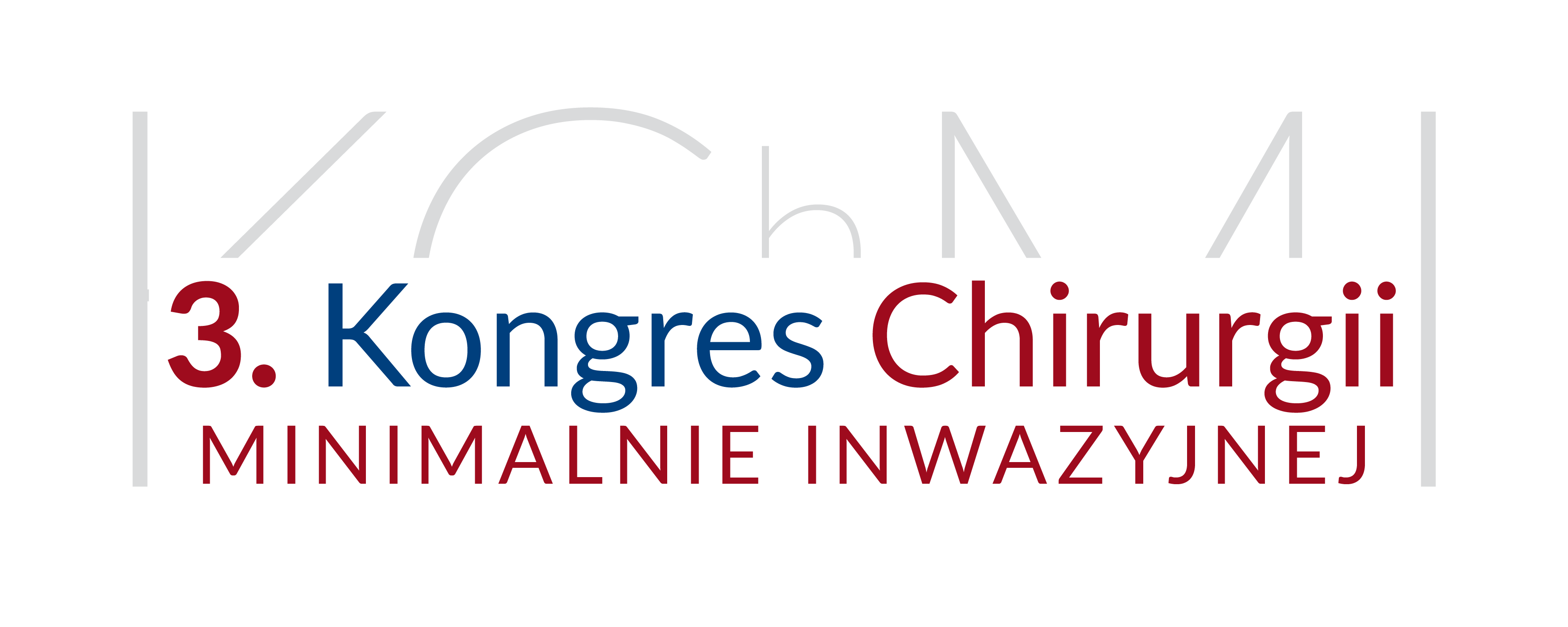
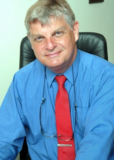 Prof. dr hab. n. med. Grzegorz Wallner
Prof. dr hab. n. med. Grzegorz Wallner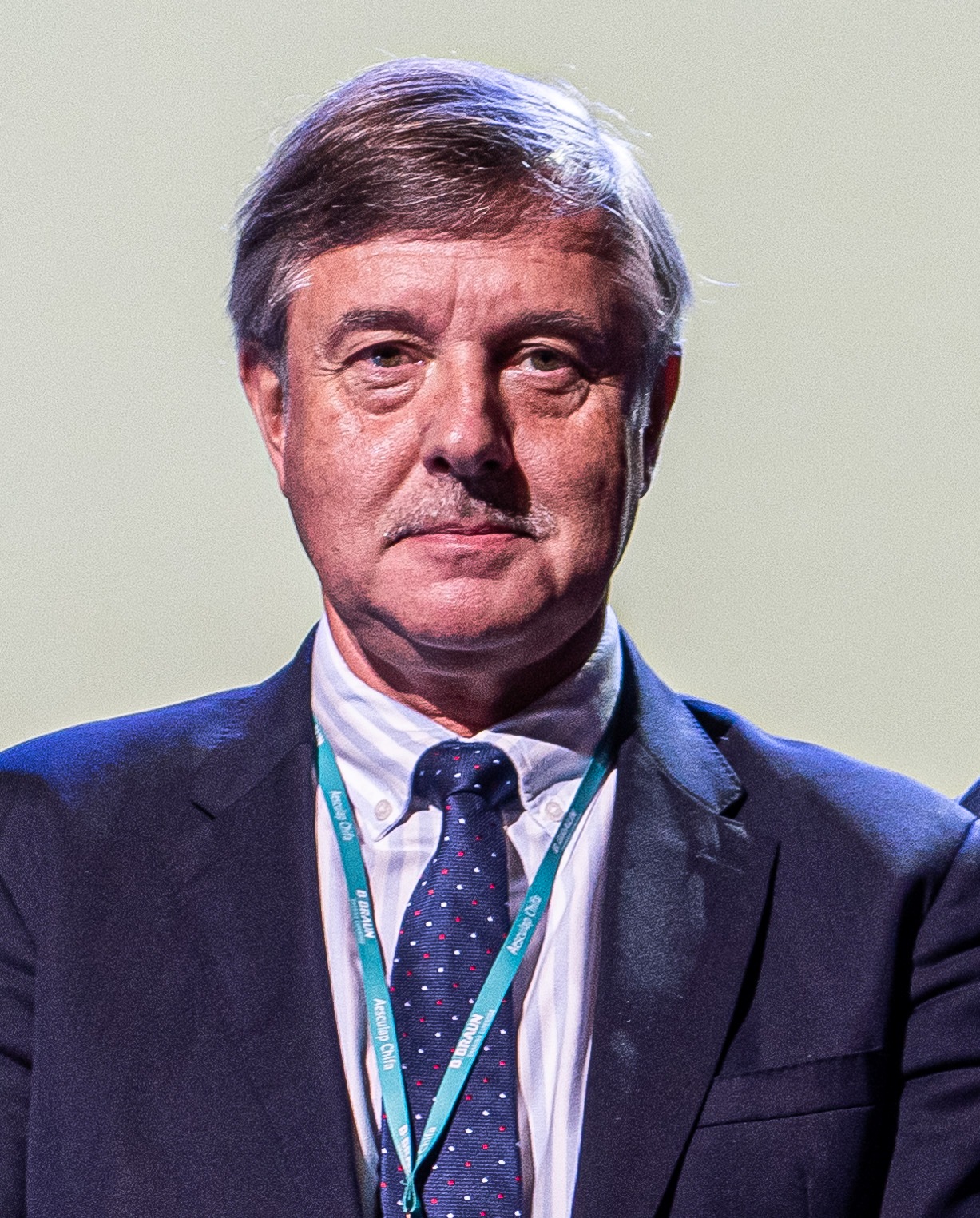 Prof. dr hab. n. med. Wojciech Kielan
Prof. dr hab. n. med. Wojciech Kielan Kongres pod przewodnictwem Towarzystwa Chirurgów Polskich
Kongres pod przewodnictwem Towarzystwa Chirurgów Polskich